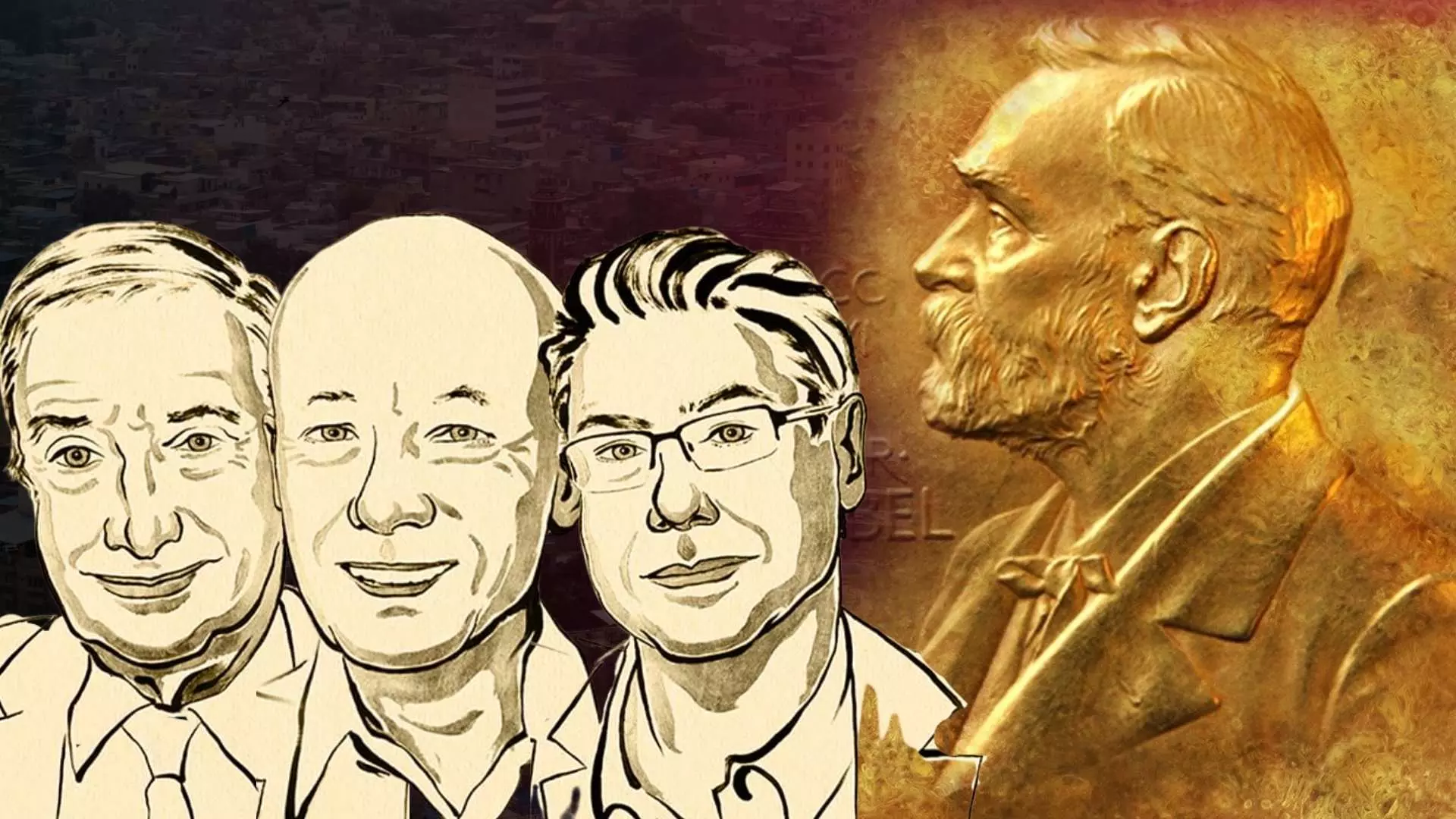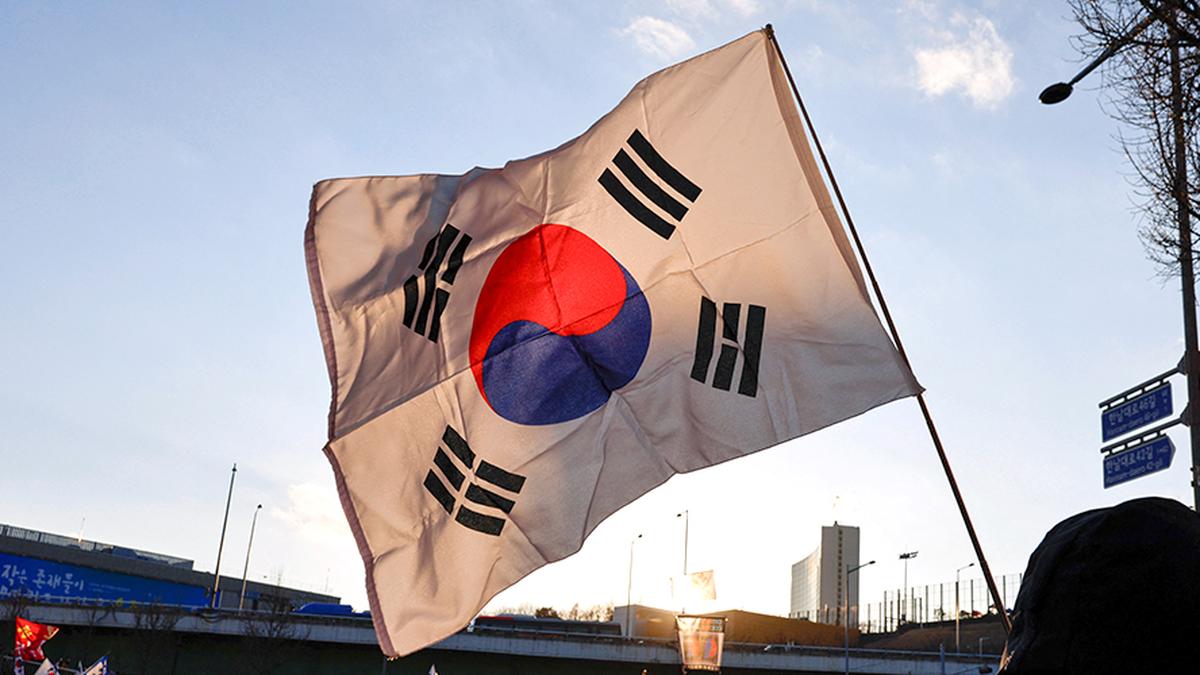
Economist and leading columnist TK Arun, in an interview with The Federal, said this year’s Nobel Prize in Economics underscores how innovation and technological progress remain the most powerful engines of economic growth—and why emerging economies like India should do more to harness them.
In the interview published on The Federal’s YouTube channel, Arun also pointed out how the caste hierarchy that pervades Indian society hinders the growth of technology.
Joel Mokyr, Philippe Aghion, and Peter Howitt have been awarded the Nobel Prize in Economics this year for advancing the theory of innovation-led growth. Their work revealed that innovation, supported by scientific reasoning and open societies, creates a self-perpetuating cycle of progress that improves global living standards.
“It’s not just that technology drives growth,” said Arun. “The Nobel laureates’ contribution lies in explaining what drives technological change itself.”
He said the lineage of thought linking technology and growth goes back decades—from Robert Solow’s 1950s growth models to Joseph Schumpeter’s idea of creative destruction, and even Karl Marx’s observation of capitalism’s perpetual reinvention of production.
“What’s new here,” Arun added, “is that the Nobel-winning economists identified the prerequisites for sustained innovation—knowledge, mechanical sciences, and strong institutions.”
According to Arun, India falls short on all three counts. “We’re not ready for rapid technological transformation,” he said. “It’s not merely about funding research and development. It’s about creating an ecosystem where knowledge can be applied, skills upgraded, and institutions are open to change”.
Also read: Why Donald Trump could still deserve a Nobel Peace Prize
Arun cited the caste system as a key structural barrier. “If social identity continues to dictate occupation, technology cannot disseminate across society,” he said. “Innovation requires mobility—both social and occupational,” he added, noting the Nobel winners’ emphasis on creative destruction, where older industries are replaced by newer, more productive ones.
“When cars replaced horse carriages, an entire set of jobs vanished—but a far larger set of new, better-paying jobs was created,” he highlighted. “The same happened with mechanised weaving, and later with computers. The lesson is clear: protect workers, not jobs.”
Arun argued that India must focus on re-skilling, entrepreneurship, and R&D-led industries to ensure technological transitions that create more winners than losers. “Resistance to change only delays progress,” he said. “Those who are willing to adapt ultimately gain.”
Also read: María Corina Machado: The face of Venezuela’s fight for democracy
Arun sharply criticised US President Donald Trump for his economic approach. Trump is undermining the country’s advanced technology development, he noted.
“Trump wants to turn the clock back by glorifying manufacturing jobs. But America’s real strength lies in its world-beating technology and services sectors—from AI to software and finance,” he said.
He further said policies curbing immigration and cutting university research funding risk undermining the very innovation ecosystem that made the US dominant in the sector. “By attacking universities and discouraging global talent, Trump is eroding America’s technological lead,” he said.
According to him, the Economics Nobel-winning research also underscores how innovation has depended on broader macroeconomic stability—linking savings, interest rates, and R&D investment.
“Innovation thrives in societies that invest in knowledge, reward risk-taking, and support those displaced by change,” he said, emphasising, “those that don’t will inevitably fall behind.”











